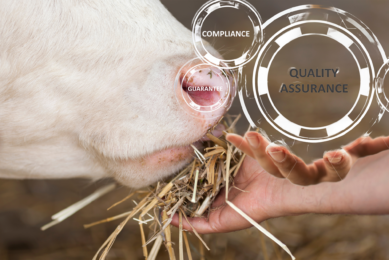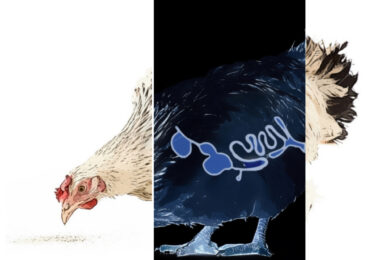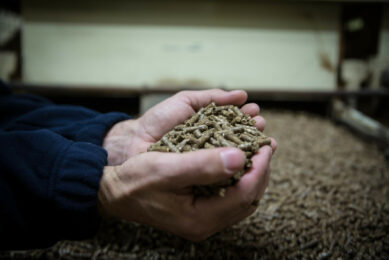US – Canada dispute on salmonella in canola meal
The United States has stopped canola meal shipments from five Canadian plants at the border over concerns about potentially dangerous salmonella bacteria.
Farmers are calling on the federal government to help sort out the situation before the backlog affects production and the price of the lucrative crop, which is used in animal feed.
Canola (Canadian oil, low acid, a rape seed cultivar) is a key cash crop on the Canadian Prairies, and is used primarily to make cooking oil. Canola meal is a lucrative byproduct.
Last year’s canola crop in Saskatchewan was worth CAN$2 billion, while Alberta’s crop was worth roughly half that.
Five crushers blocked
The US Food and Drug Administration has slapped import alerts on canola meal plants operated by Bunge Canada in Saskatchewan, Manitoba and Ontario, on Cargill Limited in Saskatchewan and on Viterra in Manitoba.
The alerts put the plants on the FDA Red List, which allows inspectors to detain shipments because they appear to contain salmonella, "a poisonous or deleterious substance" that could be harmful to health.
Producers are wondering if the salmonella being found by the USDA in animal feed really poses a health risk and, if it does, why the Canadian government isn’t doing more to deal with it.
Plant’s own responsibility
The Canadian Food Inspection Agency said it is up to individual companies to satisfy US import rules.
The CFIA has its own inspection program that requires facilities that sell feed in Canada to come up with a corrective action plan when salmonella is found, but the agency won’t say if that is happening at the plants identified by the FDA.
An industry insider who declined to be identified said the blocked shipments came as a big surprise and the salmonella issue could have a "huge impact" on Canada’s canola sector, adding that canola crushing plants are operating well below capacity.
He said the industry does not know the levels of salmonella that were found in the shipments, but it appears the USDA has zero tolerance for the bacteria which can cause food poisoning.











